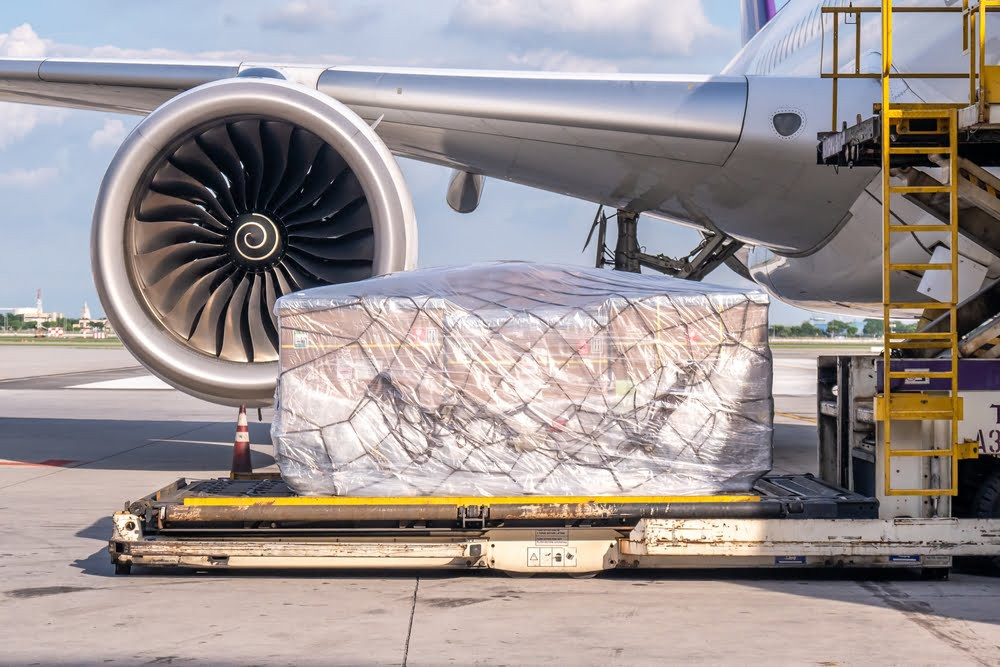
India’s sudden decision to cancel the main transportation facilities for Bangladesh exports may introduce significant disturbances in the commercial logistics in South Asia, especially the effect on the air freight sector. This shift in politics immediately sparked fears between freight and trucks and policy makers on the stability of regional trade agreements and the flexibility of the border supply chains.
Read: How to raise data and industry strategy
Regional trade column
Cumer in 2020, the Transynt facility allowed Bangladesh goods to cross through customs stations in India to seaports and airports, facilitating exports to destinations such as Nepal, Bhutan, and outside. This arrangement was especially useful for the ready -made clothes sector in Bangladesh (RMG), which represents more than 80 percent of the country’s export profits. The facility also supported the movement of goods to the non -coastal countries, which are in line with the provisions of the World Trade Organization (WTO) regarding freedom of transit.
Sudden withdrawal
The Indian Ministry of Customs issued a circular to cancel the order in 2020, citing the delays and the high costs that were hindering India’s exports and the creation of accumulation. A spokesman for the Ministry of Foreign Affairs stated that the decision was taken to address these logistical challenges. However, the sudden nature of the termination has sparked many stakeholders.
Shipping trucks and preparing shipping
The immediate result of this political transformation is to increase the logistical complexity of the Bangladeshi exporters. Without accessing Indian transport methods, exporters should be highly relying on local ports such as Chittagong and Mongla, which are already wrestling with crowding issues. The Chitagong Port, which was dealing with more than 70 percent of the Bangladesh trade, faced congestion rates of 84.3 hours, according to a 2017 report.
Shipping trading is now facing the challenge of redirecting shipments, which may lead to longer transit times and higher costs. The disorder is particularly acute for time -sensitive commodities, such as the elements that can be damaged and fast fashion, as delays can eat profit margins and customer confidence.
Air cargo industry
The air sector is not immune to these developments. With the closing of the transport facility, the Bangladeshon exporters lose a puppet road to Indian airports, which served as gates for global markets. This loss is of special importance for high -value goods that benefit from the speed and reliability of air transport.
Read: Reflection on the role of humans in the technique of air charging
Moreover, the increasing dependence on Bangladesh airports, which may lack the ability and connection of the largest Indian centers, can strain the current infrastructure. This shift may also lead to high air conditions rates due to low size economies and increased demand for limited resources.
Legal and political considerations
From a legal point of view, ending questions about compliance with international trade agreements. The Trade Facilitation Agreement emphasizes the importance of freedom of transit, especially for non -coastal countries. While Bangladesh is not coastal, the role of the facility in facilitating trade for non -coastal neighbors such as Nepal and Batuan emphasizes its regional importance.
Political analysts suggest that this step may reflect wider geopolitical dynamics. Relations between India and Bangladesh have witnessed pressure in recent months, and commercial decisions may be affected by political considerations. The sudden nature of the withdrawal, without prior consultation or the perpetual implementation, can undermine bilateral agreements and regional cooperation frameworks.
Regional logistical services lessons
The sudden termination of the engineering facility in India for Bangladeshi exports on the fragility of regional logistical networks and highlights the urgent need for more flexibility in the cross -border supply chains. For policy makers and stakeholders in air charging, this episode offers many important ideas. The most important of them is the necessity of diversifying the transportation methods; Excessive dependence on one corridor leaves the two exporters vulnerable to sudden shifts for politics.
Developing alternative commercial paths and promoting local logistical infrastructure – especially ports and airports – can reduce these risks and enhance operational independence. Moreover, the incident enhances the importance of continuous regional cooperation, as open dialogue and the expected participation between governments can help in stabilizing commercial flows and preventing disturbance. Finally, the lack of official and implementable legal frameworks leaves arrangements across the border vulnerable to sudden repercussions.
The creation of clear agreements with strong conflict resolution mechanisms would provide greater security for trucks, investors and the ecosystems for wider air charging.